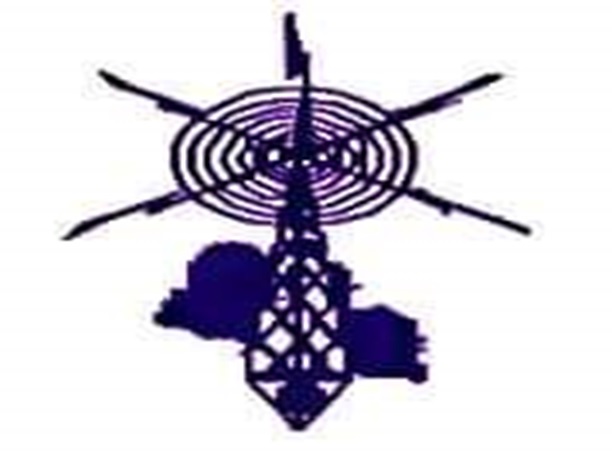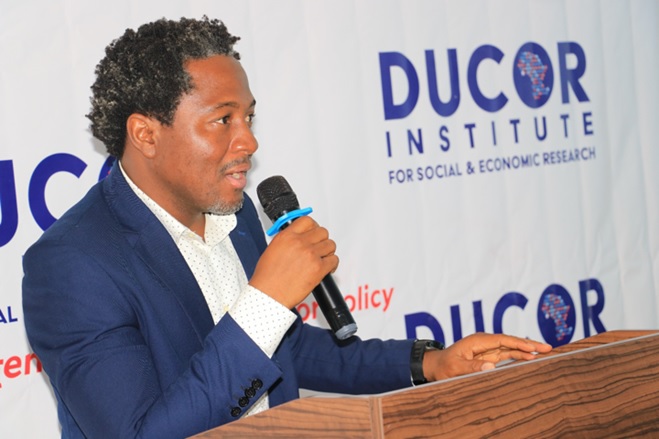MONROVIA — In observance of the International Day for Universal Access to Information, the Press Union of Liberia (PUL) calls upon political parties and actors to cease obstructing the crucial work of journalists in fulfilling their professional duties in the lead-up to the general and presidential elections.
In a press release issued to mark this day, the PUL urges political parties, actors, and the government to commit to ensuring universal access to information, thereby safeguarding the fundamental rights of individuals to seek, receive, and freely disseminate information.
The Union highlights that during the month of September alone, the Press Union of Liberia’s Media Alert Desk has documented eight threats, two attacks, and numerous ethical transgressions. These transgressions include individuals making broad claims and wearing the insignia of political parties, among other things. Wearing such politically motivated attire limits their ability to access information from a diverse range of political perspectives.
Universal access to information is an essential component of the right to freedom of expression, as enshrined in Article 19 of the Universal Declaration of Human Rights (UDHR). This right encompasses the entitlement to actively seek, receive, and distribute information through any media platform, transcending all borders.
Additionally, the Union urges the Liberian Government to allocate funds to the Independent Information Commission (IIC) to enable it to facilitate access to information across all sectors in the country. The IIC currently operates with a budget of just over 400,000, primarily allocated for the salaries of its 20 employees. It has become a common practice for government agencies responsible for access to information to secure loans to support their operations, with staff having to dip into their own pockets to cover expenses such as photocopying documents, purchasing internet scratch cards, transportation, and fuel.
Furthermore, it is worth noting that since 2017, more than 22 African countries have enacted laws on access to information. However, the lack of political will has posed significant challenges to the effective implementation of these laws. Governments have impeded media access to information through the enactment of ‘secrecy acts’ and the levying of vague allegations against investigative journalists, such as ‘spreading false news’ or ‘disturbing public order.’







